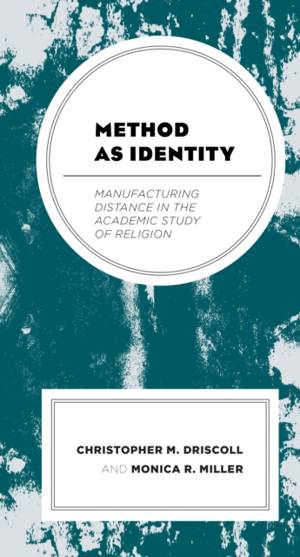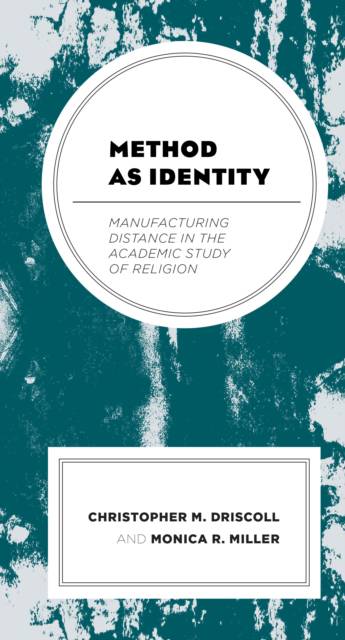
- Retrait gratuit dans votre magasin Club
- 7.000.000 titres dans notre catalogue
- Payer en toute sécurité
- Toujours un magasin près de chez vous
- Retrait gratuit dans votre magasin Club
- 7.000.0000 titres dans notre catalogue
- Payer en toute sécurité
- Toujours un magasin près de chez vous
Method as Identity
Manufacturing Distance in the Academic Study of Religion
Christopher M Driscoll, Monica R Miller
196,95 €
+ 393 points
Format
Description
Method as Identity considers how social identity shapes methodological standpoints. With a refreshing hip hop sensibility, Miller and Driscoll reorient the contemporary academic study of religion toward recognition of the costs and benefits of manufacturing "critical" distance from our objects of study.
Spécifications
Parties prenantes
- Auteur(s) :
- Editeur:
Contenu
- Nombre de pages :
- 264
- Langue:
- Anglais
- Collection :
Caractéristiques
- EAN:
- 9781498565622
- Date de parution :
- 26-11-18
- Format:
- Livre relié
- Format numérique:
- Genaaid
- Dimensions :
- 155 mm x 231 mm
- Poids :
- 476 g

Les avis
Nous publions uniquement les avis qui respectent les conditions requises. Consultez nos conditions pour les avis.






